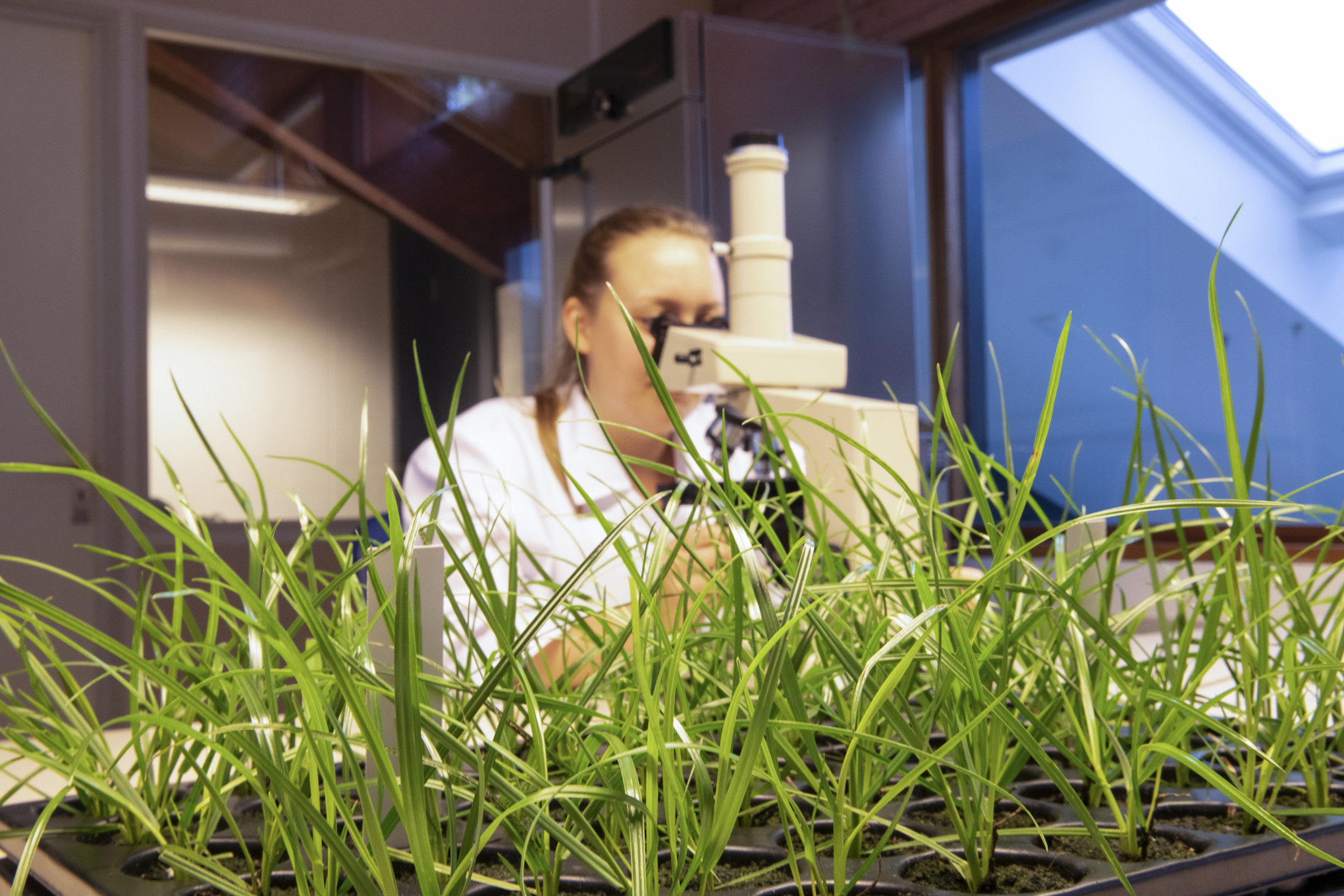Barenbrug invests in climate-resistant grass solution technology to tackle environmental issues
The Royal Barenbrug Group, a world leader in grass technology, is investing in a new laboratory for climate-resistant grass solutions, using seed technology to tackle ongoing issues including extreme weather, nitrogen emission problems, biodiversity, and soil fertility.


